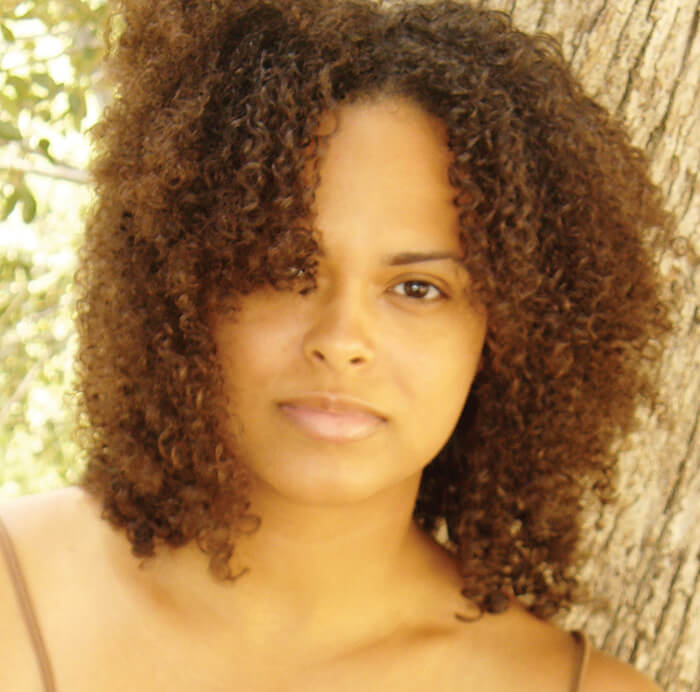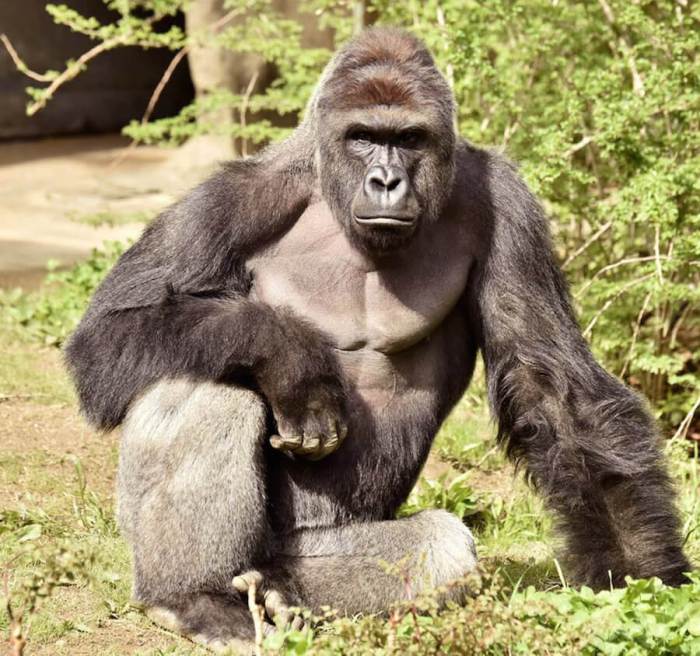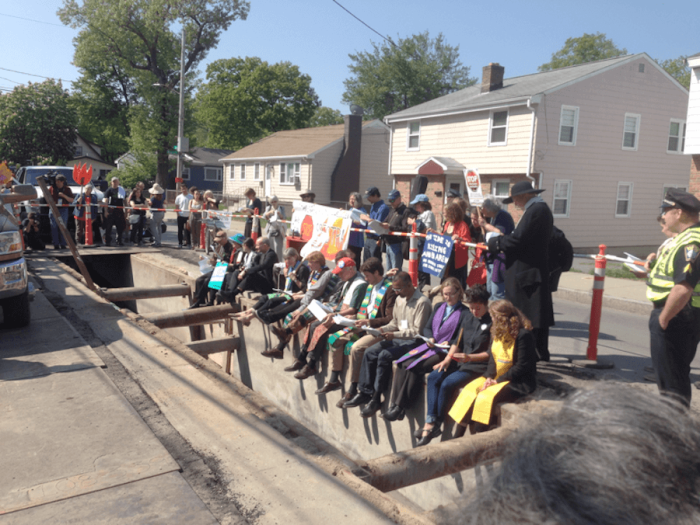The Columbia University doctoral candidate is noted for founding Hashtag Feminism, a website that curates and analyzes women’s rights-related tweets and messages across social media. Conley talks to Metro about the importance of online activism. How did you decide to become an activist?
I wouldn’t call myself an activist so much as I would say that I’m someone who studies activism in a new media era. Perhaps others might think of the work I do as activist work because it has amplified the work of others, which is fine, but I don’t take this term lightly. Having studied the work of activists from past to present, I take seriously the descriptor and I continue to grapple with what activism looks like and can perhaps become in the future. How did the idea for Hashtag Feminism emerge?
At the end of 2013, I began following closely conversations and stories attached to hashtags like #SolidarityIsForWhiteWomen, #NotYourAsianSidekick, and #MyFeminismLooksLike. I was fascinated and inspired by the stories and activisms that emerged around these digital artifacts. I put on my researcher’s hat and went to Topsy.com, a web-based metrics tool, to learn more about how these tags came about over time. Topsy showed me the data, but it wasn’t enough. I wanted to locate stories around the data, and I wanted to contextualize and historicize them; something a metrics tool cannot do. I wanted to curate these stories around feminist hashtags, and I also wanted to analyse them in a way that connects the data with our stories in meaningful ways. So in late 2013, I thought about starting a website that could accomplish these things. I wanted to create a space for myself and for other new writers to produce curated and editorial pieces on our own terms. All of this, along with being inspired by the creative design and execution of Beyonce’s last album, influenced how Hashtag Feminism came into existence. Since 2013, we’ve grown and expanded, albeit humbly! I’ve since been able to invite a wonderful editor, Kelly Ehrenreich, to help curate content, and watch as pieces like this one on #YouOkSis written by #F’s contributing writer Aisha Springer be linked to on Ebony.com How can social media help defend rights for women?
I’m not sure social media “defends” women’s rights. People do this work. Social media are tools and platforms where we find representation, expression, and where culture emerges.
Can you tell us some examples of successful hashtag activism? Why were they a success, in your view?
One of the most successful hashtag campaigns I’ve seen to date has been #NMOS14 (National Moment of Silence), organized by feminist activist Feminista Jones. I cite this hashtag because it’s one where we can see how online organizing and mobilizing has offline impact. In the wake of the fatal shooting of unarmed teenager Michael Brown, Jones and others used social and digital media to organize silent vigils to honor victims of police brutality around the country. #NMOS14 isn’t the first and only mass movement organized online. There are many others. Even before Twitter, women were organizing online around post-Hurricane Katrina recovery efforts using Yahoo! listservs, and young college students in 2007 organized on MySpace and on Facebook during the Jena Six case. I’ve studied this sort of online-to-offline organizing for years now, and it’s always encouraging to see people use new media tools and platforms for this kind of work. You can check out other successful and notable hashtags in our Top Feminist Hashtags lists of 2013 and 2014.
What can an average woman do to participate in hashtag activism?
The term “hashtag activism” is being thrown around a lot without any real interrogation about what we’re actually talking about. Instead of asking about ‘hashtag activism’, we should be pointing out particular instances when mass organizing and mobilizing online has influence work offline. So perhaps a better question might be: What can we do to participate in actions related to the brutal killings of trans women this year and around the unlawful killing of Tanisha Anderson in Cleveland, Ohio? We first have to ask the right questions about activism in a new media era in order to get at what we really mean by “hashtag activism”.
How is the participation of men in the hashtag activism for women?
I do know that there are men doing feminist work and work on behalf of women’s rights daily.
Interview with Tara L. Conley, founder of ‘Hashtag Feminism’



















